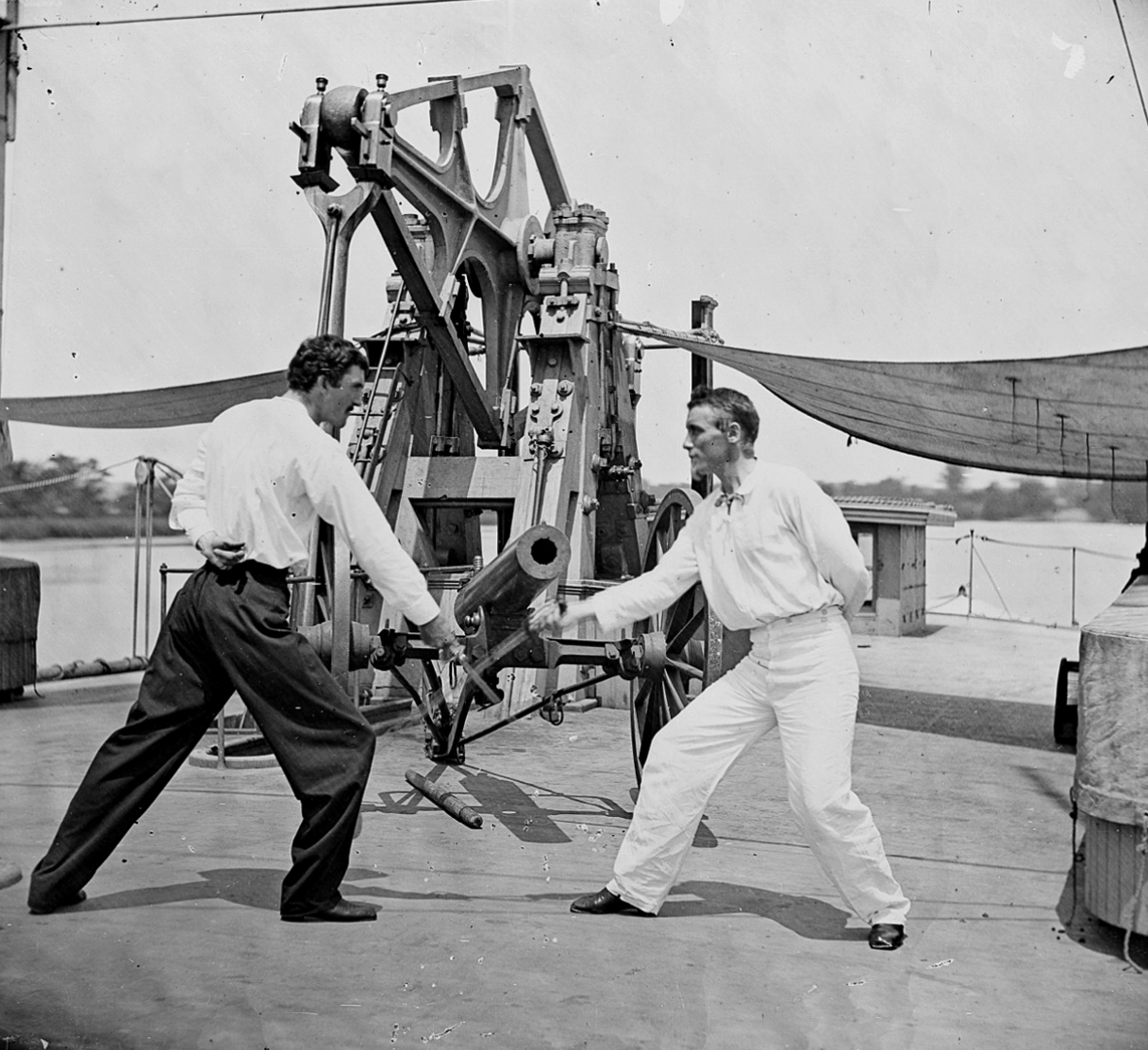

Clark have focused on the central importance of railroad superiority in winning the war. This is why historians such as William G. However, the impact of the railroads cannot be overstated – they played a significant role in helping the Union win the war. Train travel was still in its infancy during the American Civil War. These superior resources allowed the North to sustain a longer and more effective war effort.

Additionally, the Union had a stronger navy, which helped them control the waterways and blockade Confederate ports, limiting the South’s ability to import supplies abroad. The Union also had a better transportation system, including more railroads, making moving troops and supplies easier (more on this below). The North had a population of around 24 million, and the South had a population of just 9 million (of which 4 million were enslaved people). This included more factories and industrial infrastructure, which allowed them to produce more weapons and supplies.Ī much larger population was also at the disposal of the Union. The Union had several advantages in resources that helped them win the American Civil War. If you want to expand your own knowledge of Civil War history, please consider joining us for one of our Civil War Tours in Virginia.Ī railway gun being used during the siege of Petersburg The disparity of resources The following blog will discuss some of the core reasons the Union achieved victory in 1865. The Confederacy was also divided by internal conflicts and lacked a strong central government.Īs with most military history, the question of how the war was ultimately won, or lost, inspires much debate. The Confederacy (or the South) had fewer resources and was essentially an agrarian-based economy, which made it harder to sustain a long war. Moreover, the Union’s decision to abolish slavery and the support of abolitionists in the North were essential factors in the Union’s success. The main reasons for the Union’s victory were its superior resources (including manpower), transportation, and industrial capacity, as well as the effective leadership of President Abraham Lincoln and the military strategies of General Ulysses S. The Union (also known as the North) won the American Civil War.


 0 kommentar(er)
0 kommentar(er)
